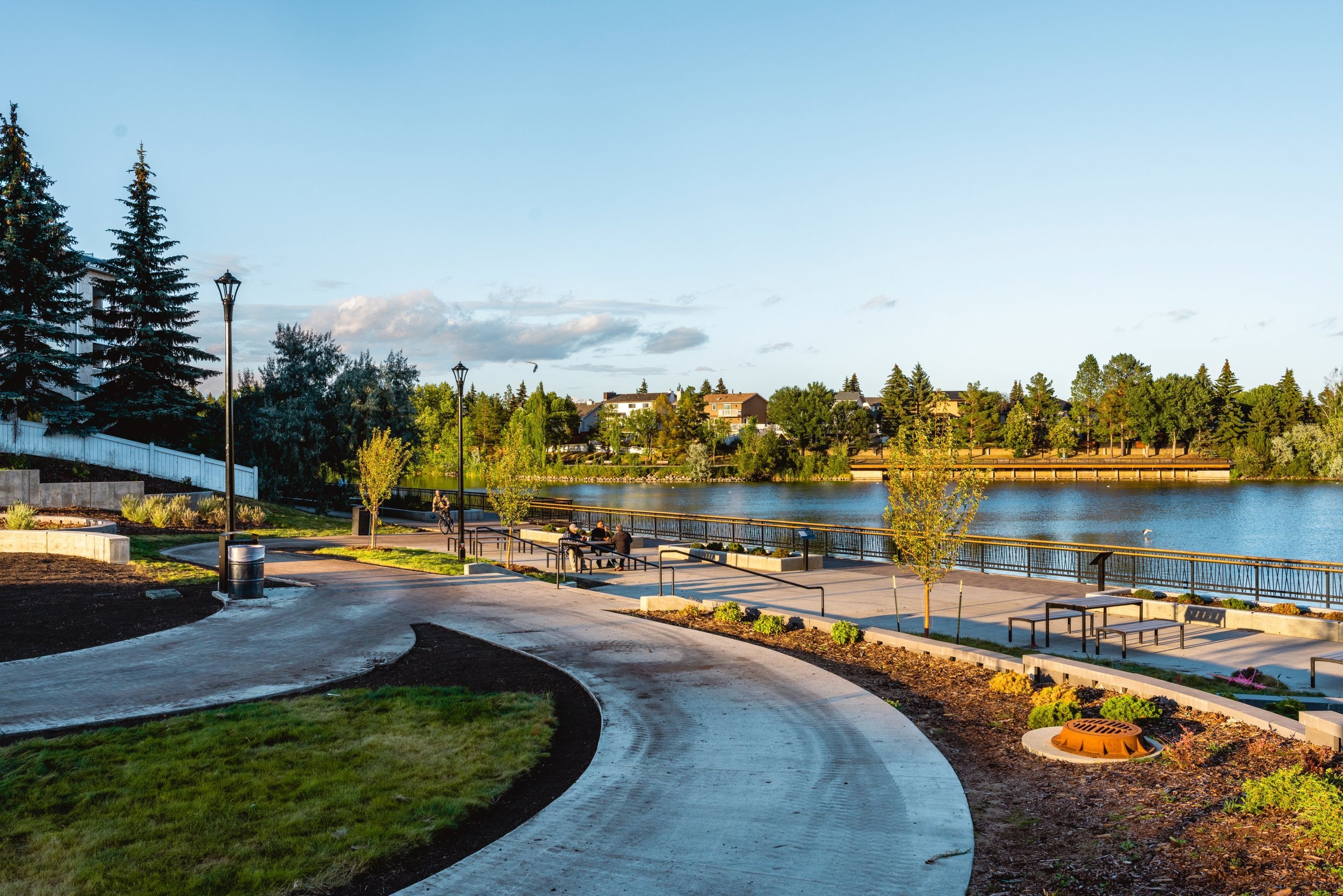explore jesse’s platform in more detailAccountability – Transparent budgets, no waste, and responsible investments. In four years we have given over $500M (grants, land, bailouts) to organizations with little to no oversight and have the highest debt to service level in history ($400M+ annually), equivalent to the transit budget and resulting in a 25% tax increase.
What I’d champion:
Cancel the proposed change to the “Other Residential” tax subclass to preserve over $120 million in annual revenue, ensuring sustainable funding for core city services such as snow removal.
Enhance transparency in reporting on major city projects by eliminating vague or ambiguous online summaries and replacing them with clear, accessible financial updates.
End the practice of allowing free rides to avoid conflict and I’ll advocate for turnstiles at major transit stations—because a safe, reliable transit system starts with clear rules and equal accountability for everyone.
Follow through on bylaw enforcement by automating processes and ensuring swift, consistent application of penalties for infractions.
Prioritize loans over bailouts when supporting external organizations, reducing long-term impacts on the municipal tax levy.
Require detailed reporting on program outcomes, particularly in areas such as affordable housing, to evaluate effectiveness and accountability.
Strengthen due diligence for new funding requests by validating the financial sustainability and organizational viability of applicants before committing public funds.
Communication – Honest updates and real community engagement. Community isn’t one size fits all, such as “complete streets”, it is about actually engaging residents and adapting accordingly - Calder isn’t Bonnie Doon.
What I’d champion:
Cut redundant policies that create unnecessary bureaucratic barriers to change, streamlining decision-making and implementation.
Ensure all city-funded organizations remain non-partisan, maintaining public trust and preventing the misuse of taxpayer resources for political purposes.
Overhaul the Complete Streets policy to ensure meaningful community input and alignment with local context and needs.
Redo the public consultation process so that residents have a genuine voice in shaping city decisions and policies; this would include city planning fundamentals.
Heritage Conservation – Growth that honors our past, not defunds or demolishes it. We demolish, not deconstruct; we leave our iconic structures vacant, do not invest and we permit city building without context and with the poorest construction material.
What I’d champion:
Animate the river valley through thoughtful programming, activation, and improved access to support year-round public use and appreciation.
Create heritage conservation districts with an associated permit structure to preserve the character and integrity of historically significant areas.
Ensure context is a guiding factor in zoning decisions, including necessary bylaw amendments to reduce the ongoing loss of neighbourhood identity.
Protect heritage assets at the demolition permit stage by applying existing city policy tools to prevent irreversible loss before it occurs.
Revitalize the Rossdale Power Plant as a landmark public asset through adaptive reuse and strategic investment that respects its historic and cultural value.
Infrastructure – Think Volkswagen, not Rolls-Royce—smart, durable, efficient. Build what works, not just what looks good. In four years, we have a project overrun of almost $700M (not including contingency), are building the most expensive infrastructure in history (more than anywhere in Canada).
What I’d champion:
Bring in infill reforms that include new development landscape protection measures to preserve biodiversity, natural drainage, flood mitigation capacity and parking ratios.
Champion the Housing First approach to address homelessness with proven, evidence-based strategies that prioritize permanent housing and wraparound supports.
Ensure EPCOR aligns with City of Edmonton priorities, minimizing duplication and improving coordination on infrastructure and utility planning.
Establish a multifamily property tax specifically for non-resident, non-Alberta owners to ensure they contribute fairly to municipal services and housing market stability.
Migrate the big bin event to curbside pick up. A system where, twice or more a year, residents can place large, non-hazardous items right at the curb—no truck rental, no last-minute scramble for help. Lets remove barriers, especially for seniors, low-income residents, or those without vehicles.
Remove performative environmental spending by eliminating costly virtue signaling projects and focusing instead on measurable, cost-effective environmental outcomes.
Review the City’s infrastructure department and project management model to reduce excessive “Rolls-Royce” spending and bring greater value to taxpayers.
Local Business - bring it back through better tax and creative national commercial campaigns. Over the last four years we have established the highest commercial vacancy with little to no municipal support.
What I’d champion:
Create a Small Business Navigator within the City — an empowered point of contact to help owners navigate zoning, permitting, and exemptions, with the authority to resolve issues, not just redirect inquiries.
Develop a national relocation strategy to attract small and medium-sized businesses to Edmonton, positioning the city as a competitive destination for investment and growth.
Establish a vacancy tax on long-term vacant properties and undeveloped land held by corporate landlords to discourage land banking and increase productive land use.
Introduce a “Discretionary Use Pathway” for unique or hybrid businesses so they are not forced into restrictive categories like “entertainment,” enabling more creative, viable uses.
Open industrial zones to low-impact, experience-based businesses by amending the Zoning Bylaw to recognize recreational and service-oriented uses in IM and similar zones.
Push for immediate bylaw revisions to allow more flexible leasing arrangements for businesses with a proven track record, especially in underused or vacant commercial spaces.
Reduce lease rates for idle city-owned commercial properties to market or below-market levels to encourage occupancy and small business growth.
Review tax assessment policies for industrial zone users to ensure fairness, competitiveness, and alignment with operational realities.
Stop the sale of public generation assets used to fund short-term gains, preserving long-term municipal control over essential infrastructure.



